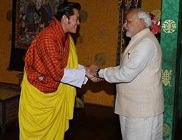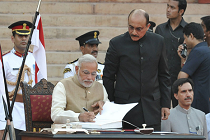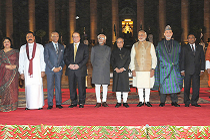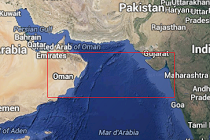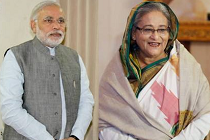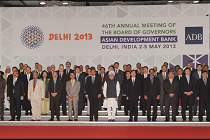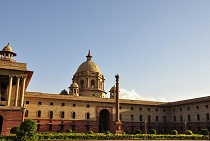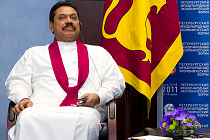Gross regional happiness
Economic security needs to be defined holistically through an open and democratic discourse. A plurality of perspectives on what constitutes development is essential to democracy across the world. Grass roots protests are driven by a longing for a truly inclusive and fair model of growth.

